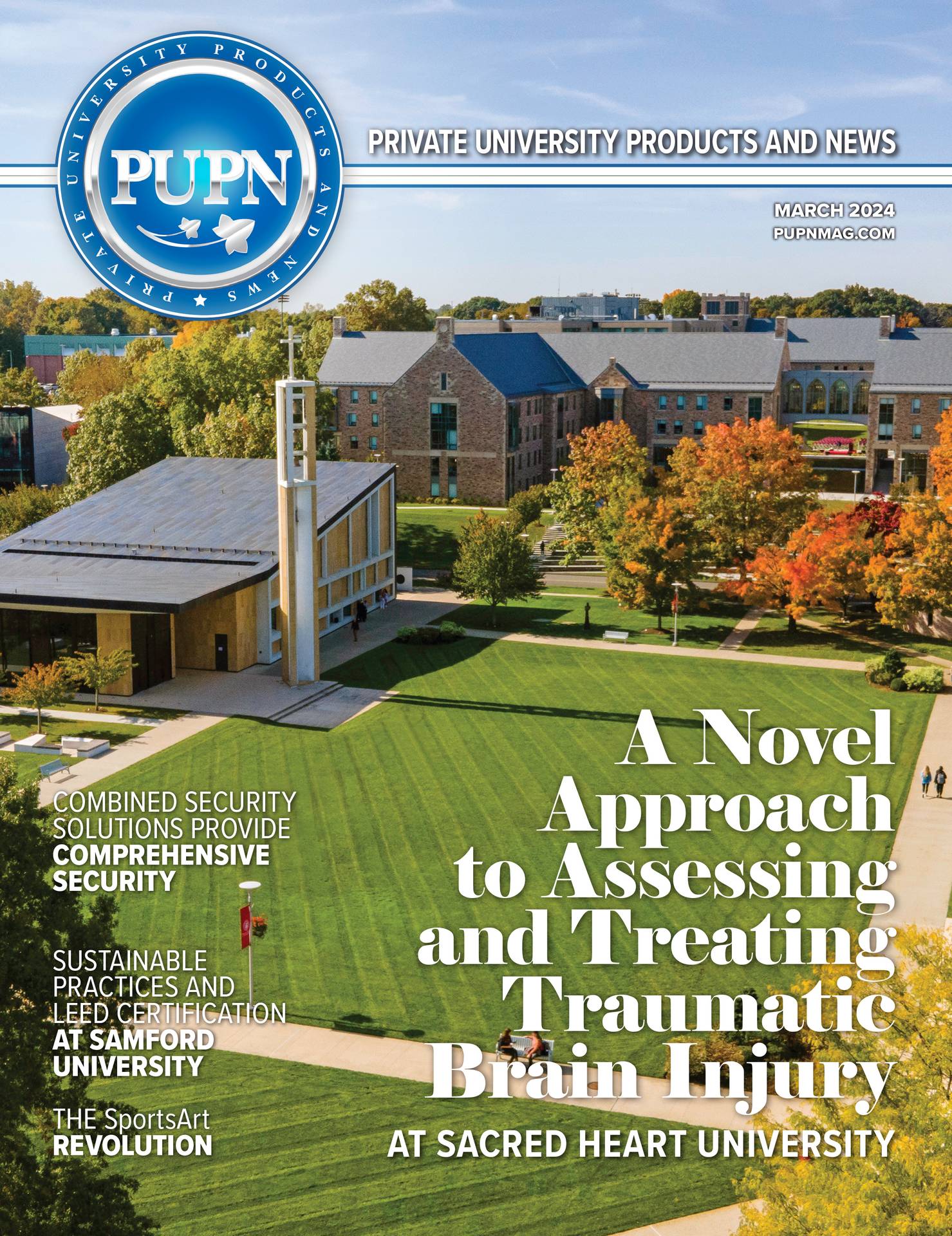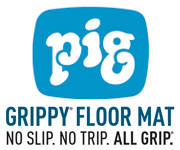Wilczak spent several years developing courses in criminology and victimology, examining the ways violence-as well as exposure to violence-impact adolescent development. In addition to helping establish a partnership between the university and the Luzerne County juvenile probation office in order to improve communications between police officers and juveniles, he is also piloting a college peer-counseling program between Wilkes students and a local high school.
Don’t Forget to Be Awesome
Wilczak did not set out to be a professor. He began as a Computer Science major, noting he was “terrible at it,” and then moved to Political Science. When joining a friend for a 400-level Criminology class, he found himself-quite by accident-in something he loved.
Fast forward a few years, and he was unloading trucks at night for Target, not really living the dream. He considered law school, and he looked into a Master’s in Criminology. When he happened across someone who asked if he’d ever considered being a professor, though he never had, he recalls, “I decided I’d gamble on myself and see where it goes.”
Luckily for Wilkes University and all the students he’s worked with since, that gamble paid off. Four years ago, Wilczak won the University’s Innovative & Nontraditional Teaching Award, and his devotion to his students and his community is only a small part of why he earned that honor.
Wilkes senior Amber Ferry notes that Wilczak has been a powerful influence throughout her time at college, explaining, “He is very compassionate about his work as well as his students. Dr. Wilczak is very knowledgeable, personable, and understanding and I think this is what makes his classes so great.” Having taken several classes with Wilczak, Ferry adds that on every exam he would always write one line: “Don’t forget to be awesome.” She believes this advice sums up both his teaching style and his personality.
A Peer-Counseling Program That Goes Beyond the Ordinary
Ferry will soon be helping Wilczak with a project where a group of Wilkes students will visit a local high school to discuss the college process and answer the high school students’ questions about college life-and not just in a traditional or generic way, but in an honest, in-depth, true-to-life assessment of the realities of college life. He calls it Student Taught Realities of Undergraduate Genuine Life Experiences-STRUGGLE. Ferry is excited for the chance to participate because she knows this experience can offer those high school students “a better understanding of what college is all about.”
Michelle Zapotoski, the guidance counselor at Hanover Area Jr/Sr High School, has been working closely with Wilczak to develop the program and how it will function. While the topics will cover the traditional academic questions-such as how and when to declare a major and when to switch majors-they will also discuss more personal topics as well, such as how to manage their time and stay physically healthy. They will also go deeper than those topics, however-covering the ways to find mental health resources, for instance, if they are struggling with anxiety, homesickness, depression, or even more serious issues.
I’m Okay, and You Can Be Too
Zapotoski shares that she and Wilczak both want this program, which will start this fall, to have a strong character education component, but with some structure and bulleted items to cover, so students don’t “go rogue” when questions start flying in the moment. She also stresses how impressed she is by the fact the Wilkes students are so committed to this program that they not only volunteered their time and energy; they even paid out-of-pocket costs for the necessary clearance process to be allowed to work with the minors.
In terms of her close work with Wilczak, Zapotoski stresses that, while he is full of fun and energy, he also takes his work seriously, where he seemingly “just can’t do enough to help his community.” His devotion, Zapotoski shares, is palpable, and he embodies the phrase about “being the change you wish to see in the world.”
When he’s choosing students to participate in the program, Wilczak notes that he wants to show these high school students something that isn’t what they would experience in a traditional college recruitment session where everything is viewed “through the rosiest of rose-colored glasses.” Instead, he wants the high schoolers to meet the real kids who are doing the work and making their way through college and all of its challenges: “Their lives aren’t perfect. They aren’t 4.0 students, but they are trying their best.”
He wants the Hanover Area students to be given a fuller picture of what college-life is actually like, the more realistic, uncensored story that includes test anxiety, drinking, and depression. The over-arching message, though, will be a simple but profound one: “I’m okay, and you can be too.”
A Unified Message About Justice
As the county probation officer and principal investigator on the Disproportionate Minority Contact Youth & Law Enforcement program in Luzerne County, Theresa Kline first met Wilczak when he invited her to speak to one of his classes. When she began putting together a project to establish an improved rapport between officers and youth in the community in order to reduce the “relative rate index numbers” that showed a disproportionate number of black juvenile arrests when compared to their white counterparts (approximately a 3 to 1 ratio), she set to work on involving everyone who could make a difference.
Within a month, as she was working toward a grant proposal, she had the Public Defender’s Office, and the District Attorney’s Office and the relevant courts all on board. The only component she was missing was an academic one. She immediately thought of Wilczak, and he jumped at the chance to make a difference. She notes that she knew he was “passionate about justice and equality,” and she believed a Wilkes partnership would give the grant proposal an even better chance with a strong academic collaboration, and she was right. After being awarded the grant, they have all been “going strong for two years plus,” training nearly thirty community police partners in 2016. They also hosted their first forum in 2016, and they have been studying the strengths and weaknesses of each piece of their plan, working to refine their presentations in order to create “a unified message about justice.”
Wilczak has just finished analyzing two years of data, as they work to reduce their Disproportionate Minority Contact numbers and study the impact the program has had thus far, as well as develop a plan to track the long-lasting impact these forums could have on the community. Their hope, of course, is that this curriculum will promote more understanding between minority youth and the police who are serving those communities to “prevent misunderstandings out in the street.”
For his role, Kline notes, Wilczak is willing to “bring his passion for justice to this area,” and she believes part of that energy stems from his complete dedication to improving any community he joins. She also sees his value in that he brings a balance to these forms. “He’s got such an open mind,” she concludes, “and he’s willing to advocate for anyone without a voice.”










